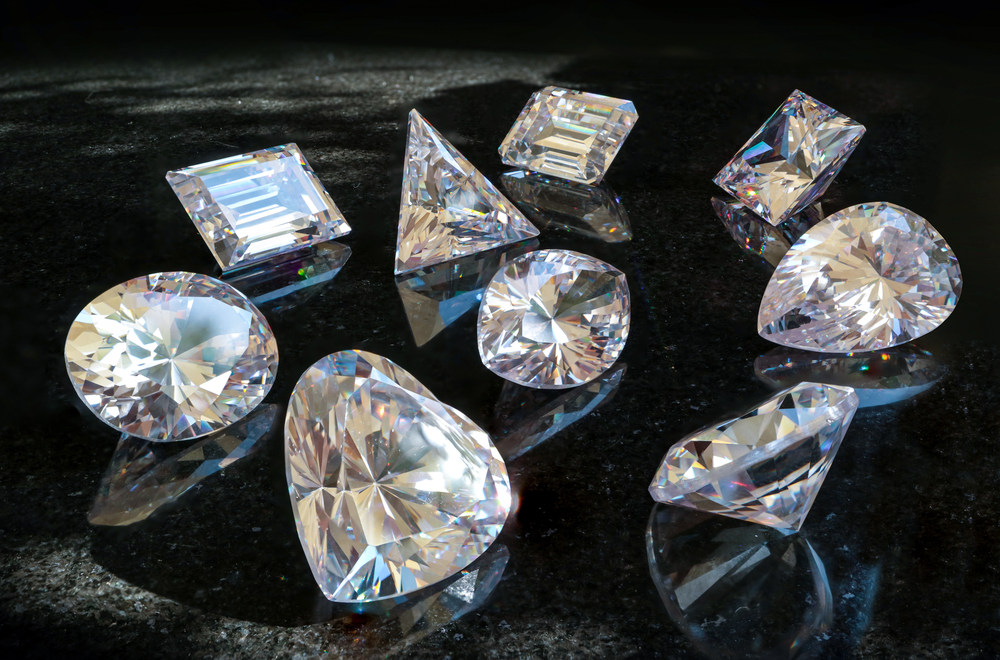Buckwheat? Most of you will wonder what this is… Buckwheat is a not-so-widespread cereal, but with miraculous qualities. Learning what it is and how good it is in health; you will love it and you will definitely integrate it into your daily diet.
What is buckwheat?
Buckwheat or “black wheat” is particularly prevalent in Russia, China, Japan, Korea, and other Asian countries, where people enjoy pasta (the known noodles), made from buckwheat flour, and until the end of the 19th century It was one of the main ingredients of nutrition in Britain, Normandy, northern and eastern Europe. It is a cereal, which originated in the east and was consumed for hundreds of years, since it was cultivated in Europe since the end of the 14th century. Below we will see what is the place of buckwheat in the diet and how it affects the health.
Read Also: 40 Real Foods to Eat to Live Longer, Happier & Healthier
Is buckwheat a superfood?
It is a cereal different from the others, with excellent nutritional value and a much higher protein content (14%) than other cereals. It contains all the essential amino acids, many vitamins-mainly the B complex – which are usually found in animal foods. It is also rich in fat soluble vitamins E and K. Finally, it contains folic acid, but several metals such as calcium, iron, copper, manganese, magnesium, potassium, selenium and zinc.
Effects of buckwheat on health
Buckwheat and Celiac disease
Buckwheat does not contain gluten, so it can be used by people who have an intolerance to it (celiac disease). It also contains several fibres and complex carbohydrates, so it can be freely used by people with diabetes mellitus, since it stabilizes blood sugar levels.
Buckwheat and heart health
Research has shown, that diets that contain it, have been associated with reducing the risk of developing high blood pressure (hypertension) and lowering high cholesterol. At the same while, it helps in the treatment of arteriosclerosis, while it acts soothing to headaches and skin diseases. Finally, because it is rich in flavonoids, it strengthens the immune system and protects against various diseases.
This cereal is rich in rutin (bioflavonoid), which helps the kidneys, neutralizes acidic residues, fights atherosclerosis, strengthens capillaries and reduces the chances of bleeding. As an antioxidant, rutin reduces the toxicity of oxidized LDL cholesterol, prevents platelet aggregation and combats venous formations in the legs.
Cooking the Buckwheat
Wondering now, how can you cook it? In many ways, while it can be eaten even raw! The forms that you can find, are in principle the buckwheat flour, which can be done that other flours, that is, bread, pie, pizza, pasta etc. can be mixed with whole wheat flour and give a different and rich taste, or even if you have Gluten intolerance. You can also use it as rice for example in stuffed tomatoes or to accompany it boiled with vegetables and meat, since it consists mainly of complex carbohydrates. You can put it in your yogurt or milk or in your salads…
In times of fasting, it can be combined with legumes (e.g. lentils), giving an incredibly nutritious dish with all the essential amino acids and micronutrients.
After all this information, you still haven’t tried it? Put it in your life and you will remember me…
















